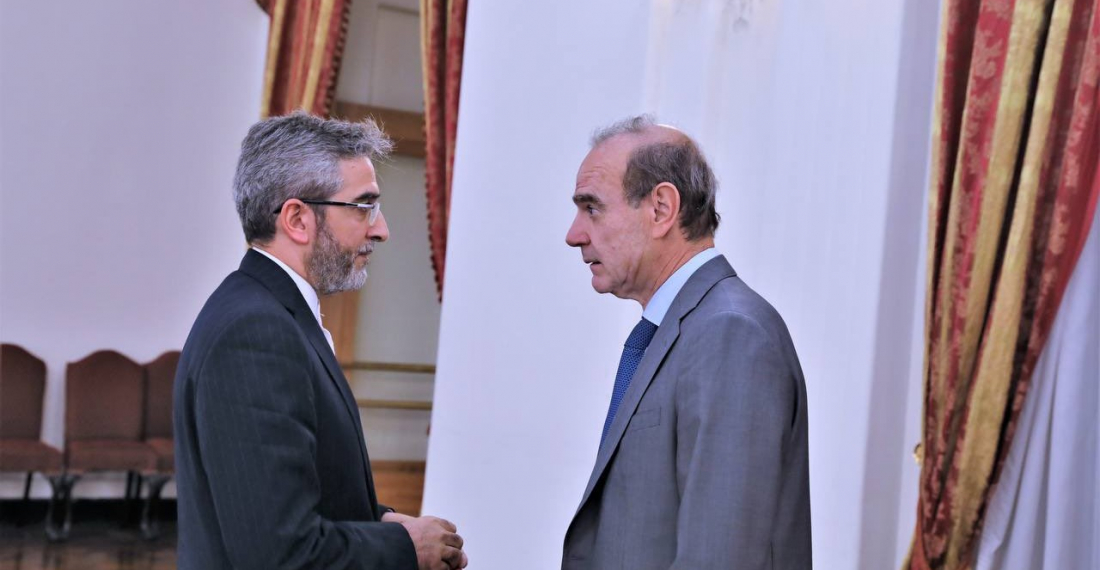After the recent impasse over the designation by the United States of Iran’s Revolutionary Guards Corps (IRGC) as a terrorist organisation, Iran signalled a willingness the reopen the seven-week stalled negotiations on the nuclear issue in Vienna. It has, however, not dropped its demands for the group it considers to be an integral part of its security structure to be removed from the the US’ Foreign Terrorist Organization list.
Enrique Mora, the senior EU official coordinating the nuclear talks, was in Tehran last week for discussions with Iranian officials. The European negotiators remain the most optimistic of the prospects of an agreement, and are active in closing the remaining gaps between the US and Iran.
The EU's foreign policy chief, Josep Borell, said he believed there had been enough progress during consultations between his envoy and Iranian officials in Tehran to relaunch nuclear negotiations after two months of deadlock.
“These things cannot be resolved overnight,” Borrell told reporters at a G7 foreign ministers' meeting in Germany. “Let's say the negotiations were blocked and they have been de-blocked", with the prospect of “reaching a final agreement”.
However, it seems the most challenging obstacle is yet to be overcomed. According to some western sources, the US might be willing to discuss the IRGC but only after a deal is settled. Following the visit of Mora, it is now believed that Iran will be back at the table for other non-IRGC topics. However, it is not clear if Iran will have any further, or alternative, demands.
Public opinion about the IRGC designation in the US has also changed. Former President Trump added the IRGC to the list in 2019 based on allegations that the group has attacked numerous Americans and assassinated former officials. Now, Republican and Democratic senators have both registered their bipartisan opposition to removing the IRGC terrorist label in a nonbinding motion.
Parties may meet again in Vienna in the coming weeks, but no decision has been made yet.







